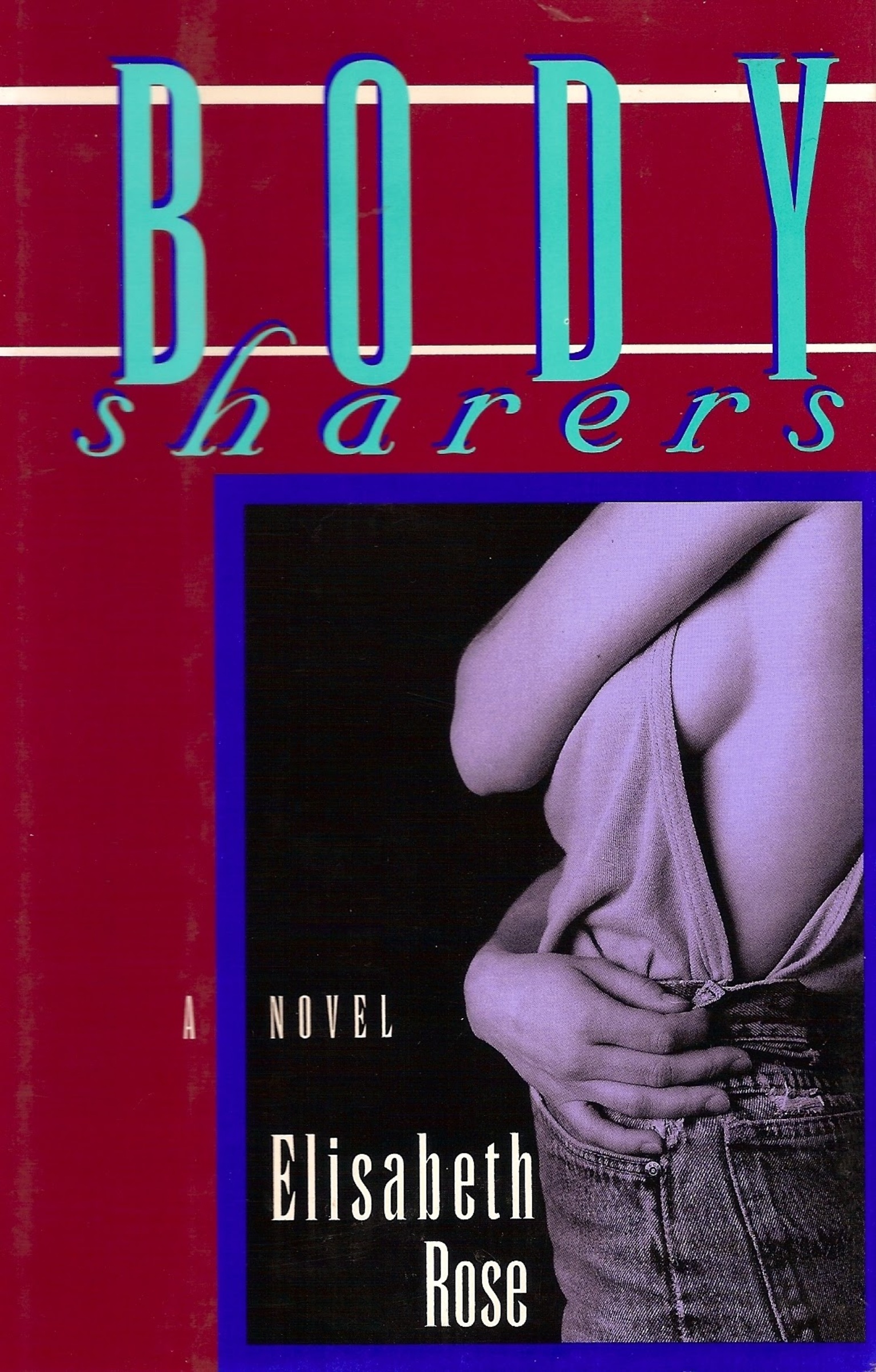From Publishers Weekly
Fourteen-year-old Cam’s discovery of her mother’s dead body launches a dark and powerful, if at times unsubtle first novel. Cam’s absentee father sends her to live with a distant step-cousin, Scofield, and his wife Marge. A complex interplay of points of view–Cam’s first-person reminiscences and the third-person narratives of Scofield, Marge, and others–chronicles her childhood, beset by tragedy and abuse. Repeatedly raped at age four by Scofield himself, Cam was initiated into “body sharing” as the nine-year-old victim of a coterie of her teachers; at thirteen she had an abortion. . . . The author explores Cam’s intense, precocious sexuality with a fearless honesty that gives her character a disturbing vividness. . . . Rose’s ambitious foray into difficult territory makes for a highly affecting debut.
From Library Journal
In her first novel, Rose brings out the disturbing transgressions of child molestation and sexual wantonness. She leads us into the world of Camille, a 14-year-old who has been the victim of sexual abuse and child pornography since she was nine years old. After her mother’s death, Camille lives with her uncle and aunt on their police dog farm. We are led into the dissociative fantasies, conflicts, and personal losses of Camille, as well as the visions of terror and guilt of her accursed Uncle Scofield and the emotional and sexual entanglements of his wife, Marge. Though the subject of this highly charged narrative is disconcerting, Rose offers a glimmer of hope in the conclusion. Her vivid details, consistent descriptions, and harrowing insights into character makes this a powerful debut worth our attention. Highly recommended for all collections.
– David A. Berona, Westbrook Coll. Lib., Portland, Me.
– David A. Berona, Westbrook Coll. Lib., Portland, Me.
From Kirkus Reviews
A promising but narrow first novel evokes the disturbed atmosphere of a household in which a 14-year-old girl–a survivor of repeated sexual abuse–lives with a relative who’s given to obsessive thoughts of sexual violence. When asked how many children she had, Camille’s mother had always answered, “One, and one’s too many.” The teenager is already emotionally and spiritually motherless, then, when her mother dies and she’s dumped with relatives: Aunt Marge, who’s interested in dog-breeding, not in mothering; and Uncle Scofield, who trains police dogs and is tormented by visions of a ghost-dog- -as well as by desire for Cam: Scofield is also the man who molested her in the bath when she was little. Worse, a flute teacher seduced Cam at age nine, invited other men to use her, photographed her for child pornography, and arranged an abortion when he eventually got her pregnant. Now, as a teenager, she has no firm sense of boundaries–sexual or metaphysical. She is haunted by longing for her mother’s love–as well as by the ghost-children of her mother’s many abortions–and willingly satisfies the sexual desires her presence stirs up in those around her. The sexual material here, though shocking, eventually grows tedious, but there’s a generous scattering of insights: for a suspicious priest, sin is like an architect’s drafting table, not “so much something to forgive as it was something to lean his elbows on while he worked.” Poetic prose often generates the appropriate aura, but–just as everyone’s consciousness here is limited to sexual obsession– the graphic cataloguing of “body sharing” all but obliterates character development.

